Natural Disasters, such as tsunamis, are just a part of life for most of us, regardless of where we live. Some of us choose the hot spots or the hot spots choose us. Southeast Asia is ‘my’ latest hot spot. I grew up on the Gulf Coast in Pensacola, Florida. Part of growing up was keeping track of the alphabetical names of the new arrivals for each hurricane season. (And in case you didn’t know, those wild crazy destructive forces of wind and waves are called hurricanes in the Northern Hemisphere and Typhoons in the Southern Hemisphere.)
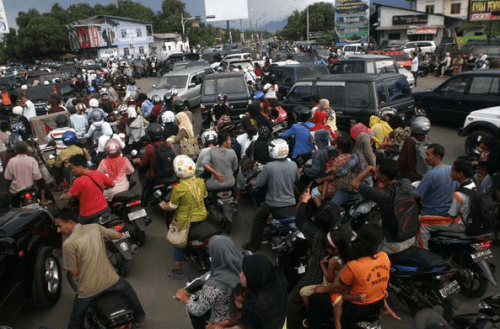
Destruction comes with a hit from a hurricane. Surfers love hurricanes if the eye keeps off shore about 100 miles, because some sweet surf sessions are in the mix. Beachcombers are given a golden opportunity to find some real gems. So you take the good with the bad.
Some people choose to move as far inland as they can, to escape a potential hurricane hit. My parents moved almost 50 miles away from the coast and that year, the hurricane decided to take a short cut from the Gulf of Mexico to the Atlantic Ocean. Minor damage to my parents’ place, but that’s just life near a frequent hot spot, The Gulf of Mexico.
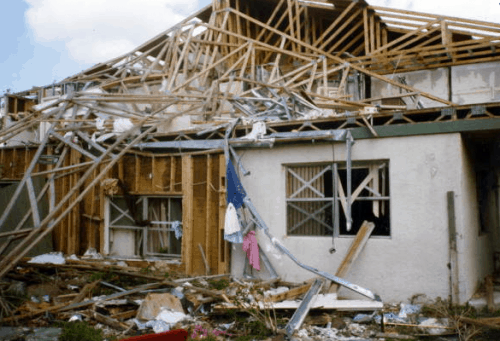
After Florida, I moved to San Francisco, just after the EARTHQUAKE of 1989. The evidence of that disaster still visible and the memories still fresh. Every time I crossed that ‘repaired’ bridge I couldn’t get the images out of my head of the collapsing double decker bridge. I had never felt an Earthquake before and knew nothing about them really. They happened to other people. My family in Florida said I was ‘crazy’ to live there! “They have Earthquakes!”
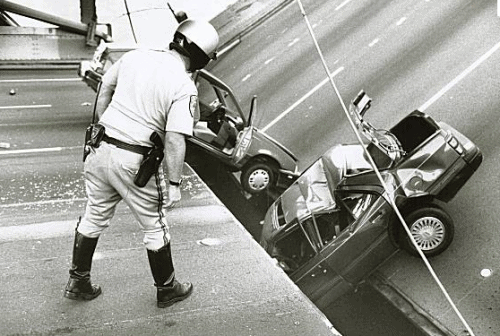
In my years living in San Francisco, I became accustomed to that weird shaky feeling. But along with the rest of San Francisco, knew the safety drills and evacuation procedures by heart. Earthquakes miles away had us on full alert for aftershocks and word spread fast.
Fast forward to Southeast Asia, Tsunami 2004. We had all watched the coverage on television and it was mind boggling to most of us. Everyone checking on friends who were traveling in the region, etc. Little did I know at the time I would be living in the region within the year.
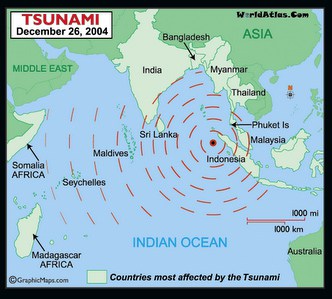
My first trip to Langkawi was in 2005 to a village that had actually been affected by the Tsunami of 2004, Kuala Teriang. It had already been repaired and looked like a nice quiet village. I spend most of my time their now and call it home. My family and friends in Florida and California? They say I’m crazy. “They have Tsunamis!”. (Are you seeing a pattern here?)
It was only later that I got a clearer picture of what had happened and how many lives had been affected. Family homes and businesses destroyed or damaged extensively. ‘Fortunately’, only one fatal casualty. But the psychological damage? Who really knows? I have since spoken to a few people about that day in 2004. One ex-pat woman I know who was at home when it hit, still won’t speak of the experience. A cruising family moved off of their boat to live on land, because the wife was having nightmares and began sleepwalking. And what of the local people?
I do believe lightening can strike twice in the same place and so can natural disasters. Being prepared is an individual’s responsibility as well as a community. The Earthquake on April 11, 2012 in Sumatra had everyone on Tsunami alert, including Langkawi. ‘We’ took it very seriously.
Thanks to social media, information was Tweeted out and shared on Facebook throughout Southeast Asia. Information that was important and pertinent. This in addition to local law enforcement going door-to-door to provide information was good insurance that no one would be caught off guard.
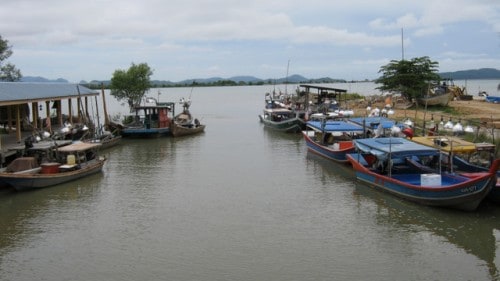
As I write this, I’m thankful that the Andaman Sea is quiet this beautiful April 12 morning. I’m happy to live seaside. People who live with hurricanes, earthquakes, tornadoes and tsunamis are always happy to see they were spared a direct hit and our hearts go out to those who were not. All we can do is be prepared and help share correct information from reliable sources. Some of us who have experienced ‘natural disasters’ take them very seriously.
Have you experienced a natural disaster while traveling? Where?

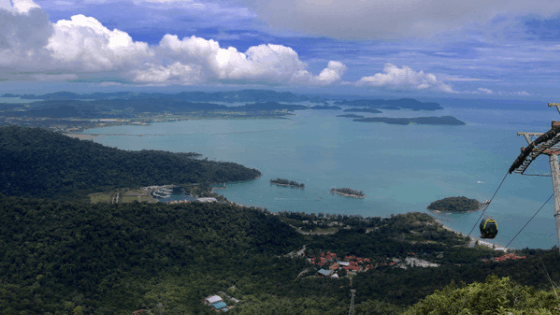
Leave a Reply